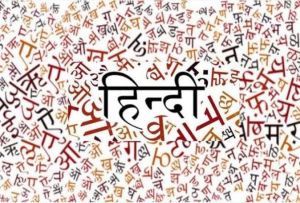Language/Hindi/Grammar/Imperative-Mood
Jump to navigation
Jump to search
Rate this lesson:
Imperative Mood in Hindi
Whereas there is only one imperative in English, there are 5 different imperatives in Hindi.
Each form convey different levels of politeness:
- Sunnā is simply the infinitive of the verb “to listen” and it can also be used as a somewhat crude imperative.
- Similarly, sun —the root of the infinitive—carries a rough undertone. Both can be used among good friends or close relatives.
- Suno is slightly more polite and can be used among acquaintances or in casual everyday speech; but don’t use it in front of persons of authority or high standing.
- Suni(y)e is the polite word of choice; one could translate it as “please listen”.
- Suni(y)egā is extra-polite (“Would you kindly listen?”) and rarely heard in everyday encounters.
Don't hesitate to look into these other pages after completing this lesson: Conditional Mood, Adjectives and Adverbs, Plurals & Nouns and Pronouns.
Other Lessons[edit | edit source]
- Be Polite
- Past Tense
- Pronouns
- Plurals
- How to Use Have
- Future Tense
- Present Tense
- Questions
- Feminine
- Adjectives
- Conditional Mood
- How to Use Have
- Gender
- Negation

